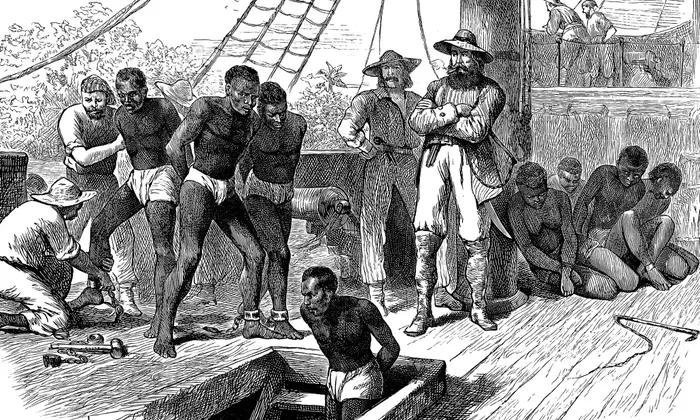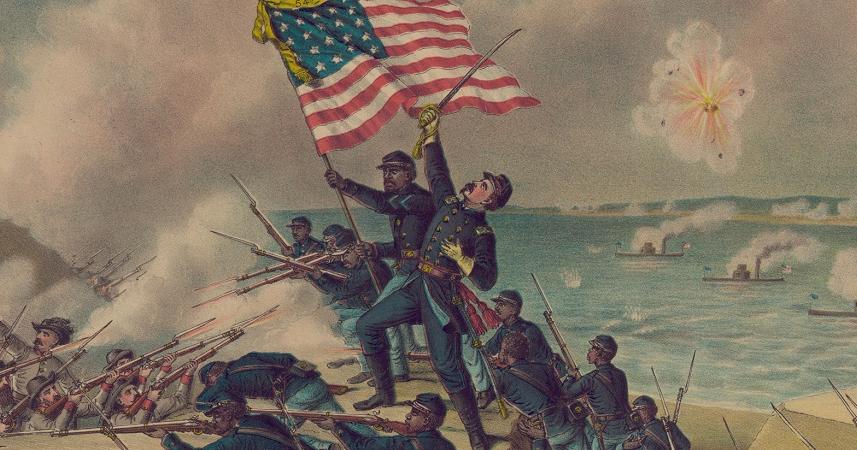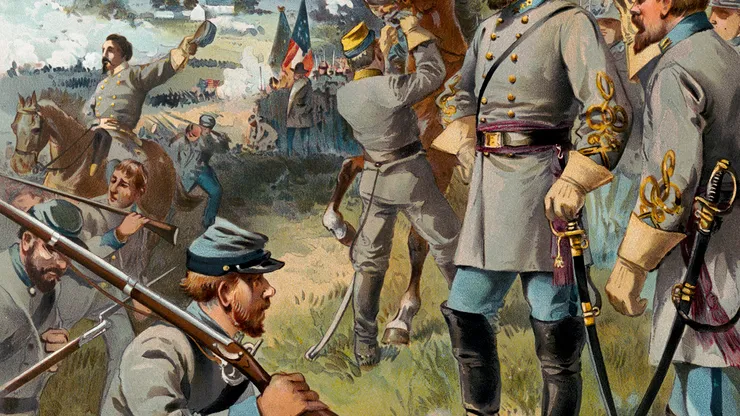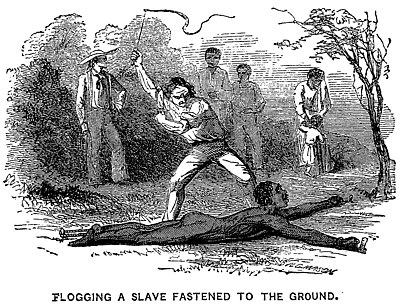The American Civil War was a conflict that lasted from 1861 to 1865, fought between the United States (the “Union”) and the Confederate States of America. It arose primarily out of the issue of slavery, with the South seceding from the Union after the election of President Abraham Lincoln, who was seen as hostile to the institution.
The Confederacy had a number of significant military successes in the early years of the war, but the tide began to turn in favor of the Union as the war went on. One of the key turning points was the Union’s victory at the Battle of Gettysburg in July of 1863, which was one of the largest and bloodiest battles of the war. In 1865, the Union army finally captured Confederate General Robert E. Lee’s army, effectively ending the war.
The impact of the Civil War was profound and far-reaching. In addition to the enormous loss of life, the conflict led to the abolition of slavery and the granting of citizenship and voting rights to African Americans through the 13th, 14th, and 15th Amendments to the Constitution. The war also had a lasting impact on the nation’s economy and political landscape, shaping the United States into the country it is today.

An Brief Overview of Slavery
Slavery is a complex and deeply ingrained part of human history, spanning many cultures and civilizations across the world. In its simplest definition, it is a system in which individuals are considered property and forced to work for their owners, often against their will.
It has existed in various forms for thousands of years, with evidence of the practice dating back to ancient civilizations such as Greece, Rome, and Egypt. In the Americas, it became an integral part of the colonial economy, with European settlers forcibly bringing millions of Africans to the continent as slaves to work on plantations and in mines.
In the United States, the practice was legally recognized from the country’s founding in 1776 until the end of the Civil War in 1865. During that time, slave labor was critical to the development of the country’s economy, especially in the South where cotton and other crops were grown on large plantations. Despite the growing abolition movement and increasing opposition to slavery, it took a bloody civil war to finally abolish the practice in the US.
After it was abolished, African Americans continued to face significant obstacles, including segregation, discrimination, and violence. It was not until the Civil Rights Movement in the mid-20th century that many of the legal barriers to equality were finally dismantled. Today, slavery is illegal in every country in the world and is widely recognized as a horrific violation of human rights.
Slavery and the American Civil War

Slavery played a major role in the American Civil War (1861-1865), with the conflict arising primarily over the issue of the practice and states’ rights. At the time, the Southern states relied heavily on slavery for their economy, particularly in agriculture, and were resistant to any federal attempts to abolish the practice. On the other hand, the Northern states were largely anti-slavery and viewed the South’s defense of the practice as a threat to the country’s unity and the principles of freedom and equality enshrined in the Constitution.
During the war, President Abraham Lincoln issued the Emancipation Proclamation, which declared that all slaves in Confederate-held territory were to be set free. This had a profound impact on the outcome of the war, as slaves began to flee the South in large numbers and join the Union army, swelling its ranks and weakening the Confederate economy. Additionally, Lincoln’s decision to make the abolition of slavery a central part of the Union’s war effort helped to galvanize public opinion in the North and abroad in support of the Union cause.
Despite the Emancipation Proclamation and the Union’s ultimate victory, slavery was not abolished immediately after the war. It was not until the passage of the 13th Amendment to the Constitution in 1865 that slavery was finally abolished throughout the entire country.
The legacy of slavery continues to shape the United States to this day, and its impact on African Americans, as well as the country as a whole, is still felt. The abolition of slavery was a critical turning point in the country’s history, but the journey towards true equality and justice for African Americans has been long and ongoing.
Impact of Civil War on the course of slavery in America and the World
The American Civil War had a profound impact on the course of slavery in America and the world. The conflict was fought largely over the issue of slavery and the South’s resistance to federal attempts to abolish the practice. The war resulted in the Union’s victory and the eventual abolition of slavery in the United States, which was a major turning point in the country’s history and a critical step towards greater equality and justice for African Americans.
Before the Civil War, slavery was a deeply ingrained and accepted institution in the South, where it was essential to the economy and culture. However, the election of Abraham Lincoln and the growing abolition movement in the North put the future of slavery in doubt, leading the South to secede from the Union and start the conflict.
During the war, Lincoln issued the Emancipation Proclamation, which declared that all slaves in Confederate-held territory were to be set free. This had a profound impact on the outcome of the war, as slaves began to flee the South in large numbers and join the Union army, swelling its ranks and weakening the Confederate economy. The Emancipation Proclamation helped to galvanize public opinion in the North and abroad in support of the Union cause and the abolition of slavery.

After the war, slavery was finally abolished throughout the entire country with the passage of the 13th Amendment to the Constitution. The impact of the Civil War and the abolition of slavery was felt not only in the United States but around the world. It was a powerful message about the importance of freedom and equality and inspired abolitionist movements in other countries, including Britain, France, and Brazil.
The legacy of slavery continues to shape the United States to this day, and its impact on African Americans, as well as the country as a whole, is still felt. The Civil War and the abolition of slavery was a critical turning point in the country’s history, but the journey towards true equality and justice for African Americans has been long and ongoing. Nevertheless, the Civil War remains an important moment in the history of slavery, as it was a decisive turning point that paved the way for greater freedom and equality for all.
Statistics
Here are some statistics related to slavery during the American Civil War:
- Population of enslaved people in the United States in 1860: Approximately 4 million
- Number of slaves who escaped to Union lines during the war: Approximately 100,000
- Number of African American soldiers who fought for the Union during the war: Approximately 180,000
- Number of African American sailors who served in the Union navy during the war: Approximately 19,000
- Percentage of the Southern economy that was based on slavery in 1860: Approximately 35%
- Percentage of the Southern population that was made up of enslaved people in 1860: Approximately 25%
- Total number of casualties during the Civil War (Union and Confederate combined): Approximately 620,000
These statistics give a sense of the scale and impact of slavery during the Civil War and the significance of the conflict in the history of slavery in America. The large number of African American soldiers and sailors who fought for the Union, as well as the significant number of slaves who escaped to Union lines, highlights the importance of the war in the eventual abolition of slavery in the United States.
Tales and Stories of Slaves during the Civil War

There are many tales and stories of slavery during the American Civil War era, some of which are passed down from generation to generation, while others have been documented in historical records, memoirs, and other sources. Here are a few examples:
- Harriet Tubman: A former slave who escaped to freedom and became a “conductor” on the Underground Railroad, helping other enslaved people escape to freedom. During the Civil War, she served as a nurse, cook, and spy for the Union army.
- Frederick Douglass: A former slave and prominent abolitionist who was a powerful voice against slavery both before and during the Civil War. He escaped to freedom in 1838 and went on to become a leading figure in the abolitionist movement and a prominent speaker on the subject of slavery and freedom.
- Sojourner Truth: A former slave who became a prominent abolitionist and women’s rights activist. She was known for her powerful speeches, including her famous “Ain’t I a Woman?” speech, in which she challenged the notion that black women were not truly women.
- Dred Scott: A slave who sued for his freedom in a landmark case that reached the Supreme Court. The court’s decision in Dred Scott v. Sandford (1857) upheld the constitutionality of slavery and helped to further inflame tensions between the North and South, leading to the start of the Civil War.
- Moses Grandy: A former slave who escaped to freedom and became a successful riverboat captain. He later published a narrative of his experiences as a slave and a free man, which provided important insight into the lives of enslaved people and the realities of slavery in the antebellum South.
These tales and stories are just a few examples of the experiences of enslaved people during the Civil War era, and they provide a powerful reminder of the importance of the struggle for freedom and the impact of slavery on American history.
Conclusion
“Slavery was a central issue in the American Civil War, dividing the North and South over the practice. The Union victory ended over two centuries of legal slavery in the US, confirmed by the passage of the 13th Amendment. Many enslaved people took advantage of the war to escape to freedom and join the Union army, playing a critical role in the outcome of the conflict. The Civil War shaped the future of the nation and had a profound impact on slavery in America and the world.”

“The experiences of enslaved people during the Civil War serve as a reminder of the struggle for freedom and the ongoing impact of slavery on American society. Despite the abolition of slavery, African Americans continued to face discrimination and inequality, and the legacy of slavery continues to shape American society. The stories of figures such as Harriet Tubman, Frederick Douglass, and Sojourner Truth provide a powerful testament to the courage and determination of enslaved people in the face of oppression.”

